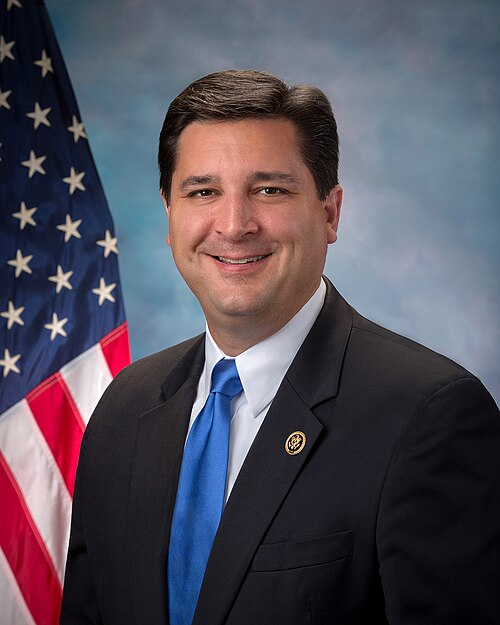H.R. 709: National Training Center for Counter-Unmanned Aircraft Systems Act
This bill, titled the National Training Center for Counter-Unmanned Aircraft Systems Act, proposes amendments to the Homeland Security Act of 2002 to establish training programs and standards for operating counter-unmanned aircraft systems (UAS), which are technologies used to detect and mitigate threats posed by drones.
Key Provisions
- Training Programs: The bill authorizes the Attorney General to provide training related to counter-UAS measures. This training will be coordinated with the Secretary of Homeland Security, through the Director of the Federal Law Enforcement Training Centers.
- Establishment of Training Centers: It allows for the establishment or designation of one or more facilities specifically for training purposes related to counter-UAS operations.
- Certification Standards: The Attorney General and the Secretary of Homeland Security, in cooperation with the Administrator of the Federal Aviation Administration (FAA), are required to develop standards for initial and ongoing training for individuals who operate counter-UAS technologies.
- Considerations for Aviation Safety: The standards must take into account the impacts of these systems on aviation safety, civil aviation operations, and the use of airspace, ensuring safety measures are maintained.
- Interagency Coordination: Before deploying any counter-UAS systems, the bill mandates establishing requirements for coordination among various government agencies.
- Renewal of Training: It specifies that training or certification for operating counter-UAS systems must be renewed periodically, with the frequency defined by the authorities involved.
Definitions
- UAS: Refers to unmanned aircraft systems, commonly known as drones.
- Unmanned Aircraft: Defined according to federal law related to aviation.
- Unmanned Aircraft System: Defined in the context of federal aviation regulations.
The bill seeks to ensure that individuals responsible for operating counter-UAS technologies are properly trained and certified, thereby enhancing national security measures against potential drone-related threats.
Relevant Companies
- BA - Boeing: As a major player in the aerospace industry, Boeing may be involved in the development and integration of counter-UAS technologies within their platforms.
- AVAV - AeroVironment: This company specializes in UAV solutions and could see a direct impact from increased government training and certification requirements related to UAS.
- RTX - Raytheon Technologies: As a defense contractor, Raytheon is likely involved in the development of counter-UAS systems and would be impacted by the training and certification protocols set forth in this bill.
This is an AI-generated summary of the bill text. There may be mistakes.
Sponsors
1 sponsor
Actions
3 actions
| Date | Action |
|---|---|
| Jan. 24, 2025 | Referred to the Subcommittee on Aviation. |
| Jan. 23, 2025 | Introduced in House |
| Jan. 23, 2025 | Referred to the Committee on the Judiciary, and in addition to the Committee on Transportation and Infrastructure, for a period to be subsequently determined by the Speaker, in each case for consideration of such provisions as fall within the jurisdiction of the committee concerned. |
Corporate Lobbying
0 companies lobbying
None found.
* Note that there can be significant delays in lobbying disclosures, and our data may be incomplete.























